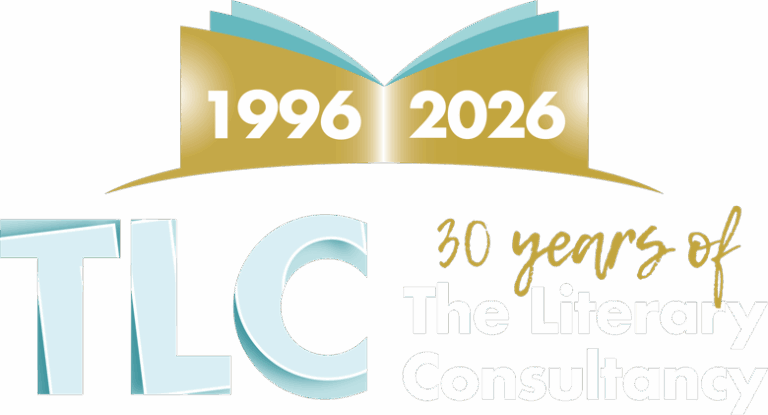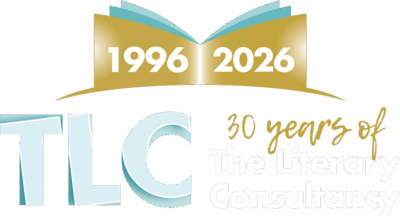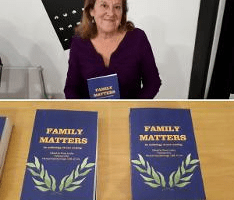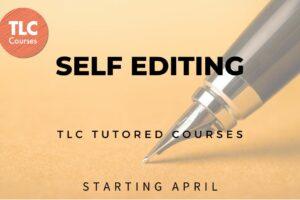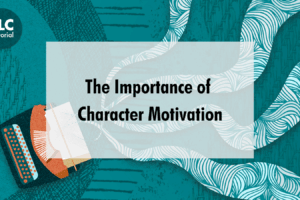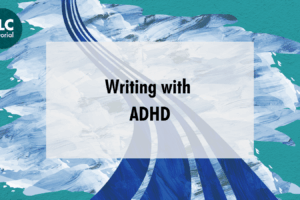As a writer myself, I understand how a publisher’s rejections can be debilitating. As a freelance creative writing practitioner, I get frustrated when vocational learners report back that they feel there are limited opportunities to pitch their writing. During a research period at the Attenborough Arts Centre, Leicester University, while assessing the purpose of creative writing, I found that the writers I was working with aspired to be heard and read beyond friends and family. In the past, my work has been acknowledged in competition wins and included in local poetry and short story anthologies. I’ve also self-published some of my creative work. My fictional exploits depict faith in creative writing and consider wellbeing. Many learners share the same ethos: that creative writing as a practice might itself be used to maintain wellbeing.
For those new writers struggling with challenging health or learning difficulties, the chance to be published necessitates some additional level of support. During my time at Attenborough Arts Centre through various workshops with our writers, we aspired for our work to engage with diverse audiences. Being commissioned to write felt like the most inclusive way forwards, so I duly filled in the Arts Council England ‘Grants For the Arts’ application with a project in mind that would bring the voices of those with additional needs to new readerships. The online process of applying for funding through Grantium was thorough and challenging, but the process has since been made easier, with Project Grants replacing the old G4A model, and a new ‘Developing Your Creative Practice’ grant stream open to individual artists, for instance (and in fact currently accepting applications, with a guide to how to apply here). Our writers inspired my levelling of the playing field and we set up an in-house submission of short writing with Dahlia Publishing, an independent press based in Leicester. Selected work would appear in print and go on to be showcased in a “Family Matters” fiction anthology. After I gathered funding-in-kind offers of support (often required for grant applications, to show that you have support for your project from a range of partners willing to offer things like time, resource or services), Farhana Shaikh, the publisher at Dahlia, offered her wide literature experience to help manage this anthology project. Another valuable partner was Melanie Abrahams, who provided a poetry contribution and modelled performance skills through Renaissance One, with the poet Andrew Graves. These partners champion literature in all its forms and were vital in securing the funding. Working actively, we challenged adults with disabilities and other learners from the AAC to write creatively to their next level.
In April 2018, off the back of this work, I began a year-long collaborative writing project that offered previously marginalised writers a positive publishing opportunity. Following an initial call-out, a range of workshop activities and email support, the project raised the aspirations of new writers and modelled how to follow agency and publisher submission guidelines to draft work, another vital education opportunity to help widen access to the industry. In this setting, we encouraged the stimulus, drafting and revision of short stories and poetry on the theme of family. The callout extended to remote learning through email, to remove some of the physical barriers to inclusion. Participating writers created a short bio and reflected on ideas around memory, identity, belonging and belief to activate their muse and amplify their voice. Working with each other and practising self-editing techniques, they developed the writing skills required to improve their short fiction and poetry.
Following the workshops, a dozen chosen writers took part in a free performance workshop to help them better showcase their work. Guest submissions into the anthology from four experienced authors raised the profile of the new writers and the visibility of the project. Excitingly, Michael Attenborough CBE, the patron at the Attenborough, wrote a foreword for us! In total, we promoted twenty prose and poetry contributions offering valuable exposure during the showcasing process, and the support has continued beyond the project. It was important that there was space for our writers to safely experiment with the use of fun techniques to create different forms of writing, and that there was space too to gently workshop drafts. By refining language and considering grammatical rules, our writers were prompted to polish their finished pieces. Some writers opted to read aloud extracts of their prose, in a supportive environment with their peers.
Finally, all of this project activity culminated in a book launch which included a writers’ process Q & A to help further unpick the creative process. In early March 2019, each contributor received two free anthology copies and gained from generous social media coverage. There was also a World Book Night Reading event and the EveryBody’s Reading Festival where collaborative efforts benefited both writers and audiences. Certain unplanned add-ons brought surprises; such as the use of poetry to activate voice which was available through an online creative literary platform when Dr. Sophie-Louise Hyde came alongside with The Student Wordsmith, from Loughborough University. (Now called the Wordsmith HQ.)
As a tutor, I see mine and the learners work like a figure of eight- one feeds into another. I feel privileged to have pruned, watered and then harvested this creative writing. The literature development responsibility is to share my experience and encourage other writers to apply for funding, both as individuals and for community projects like this one. If you are thinking of applying for something similar, I strongly suggest you build in sufficient contingency to cushion the blow of increasing costs; capacity and resource continue to be issues in the funding world, and shouldn’t be underestimated. This particular project motivated new writers and benefited a wide audience beyond my usual reach, which was enormously gratifying. Networking and the involvement in other literary events were thrilling. This funded route is a less stressful way for small groups to get their work noticed by publishers and agents. As a facilitator, I gained further editorial experience. One book review of the anthology described our writing as accessible by promoting previously unpublished writers and stripping away barriers to communication. That’s what funding like this can provide, offering opportunities and breaking down barriers, so that all voices are heard. But don’t take it from me. Here’s one of our participants, on just how important this was:
“It made a huge difference to me: as you know, I’d started writing really to compile a memory of my mother for the family, but when you said ‘Family Matters’, I found myself able to write about myself, and about what happened to my husband. It was a real breakthrough for me!”
Top Tip
If I could share just one tip on applying for funding to help your practice as a writer or writing facilitator, it would be this: prevent your inner critic from hijacking a submission for funding to pay yourself to develop creative writing. The Arts Council, along with other funders, validates that the services of writers are worthy of investment. You are worthy of investment. Go for it.
